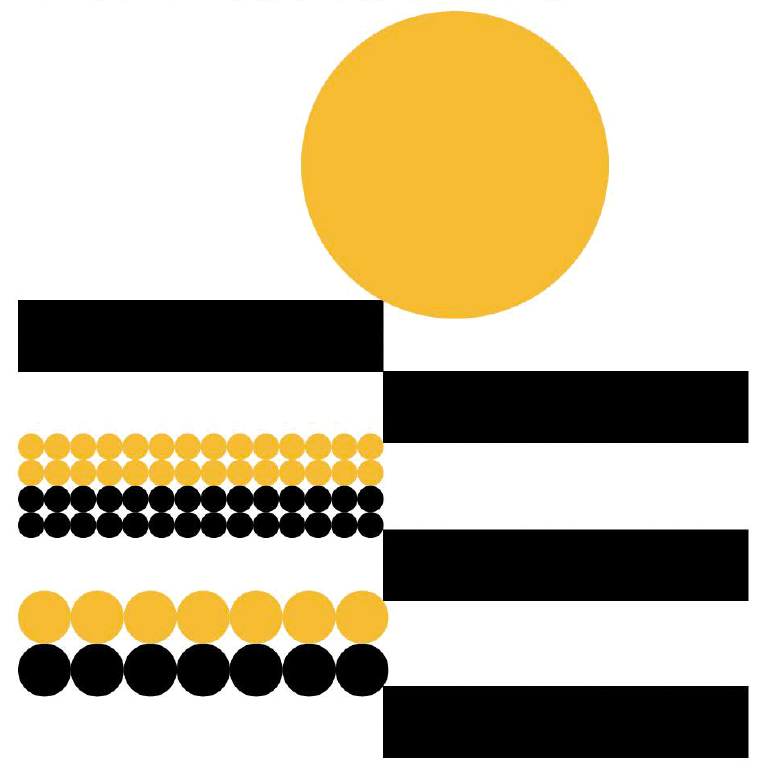
VREF invites Next Generation Scholars to apply for grants for short-term study visits at other (non-home) universities. The invitation is open on an ongoing basis until 31 October 2024, and the study visit should be carried out before 31 December 2024. VREF wishes to have a broad distribution of grants among universities, thus in the first half of 2024 (up to 30 June 2024), a maximum of one (1) grant will be awarded to the same home university. See detailed information, criteria and guidelines for applications below.
Please note that the VREF Next Generation Study Visit Grants 2024 have been updated in order to reflect the new VREF Next Generation support policy, with an updated criteria and requirements for successful applications. The call is open to three categories of applicants:
- NextGen scholars (advanced master students, Ph.D. candidates, early career researchers within five years of Ph.D. degree) who are based in research teams or environments that are funded (or otherwise actively engaged in) VREF’s programs, centers or platforms;
- Ph.D. candidates and early career researchers who are based at a Swedish university or research institute who wish to visit research teams or environments within a program, center or platform supported by VREF;
- Recipients of the Lee Schipper Memorial Scholarship or participants in the SLOCAT-VREF Young Leaders in Sustainable Transport program.
BACKGROUND – VREF’S MISSION AND PROGRAMS
The Volvo Research and Educational Foundations (VREF) supports research and educational activities at universities and research institutes of academic standing that contribute to achieving its overall mission:
- To support the development of new knowledge on ideas, approaches and solutions that can contribute to equitable access and sustainable urban mobility;
- To support educational and outreach programs within the area of urban transport and mobility, broadly defined;
- To contribute to the dissemination and uptake of research results among university researchers, practitioners, decision makers and other relevant stakeholders;
- To support research, demonstration projects and other initiatives that can contribute to processes of change within urban transport.
At present VREF’s initiatives include the following programs, centers and platforms, see annex 1 for lists of centers, programs and projects:
- Mobility & Access in African Cities (MAC)
- Walking as a Mode of Transport (WALKING)
- Informal and Shared Mobility in Low- and Middle-Income Countries (ISM)
- Center of Excellence Bus Rapid Transport+ (BRT+)
- Center of Excellence MetroFreight
- Center of Excellence Sustainable Urban Freight Systems (SUFS)
- Gothenburg Urban Freight Platform (UFP)
See www.vref.se for more information about VREF and its programs.
OVERALL OBJECTIVES OF THE VREF NEXT GEN STUDY VISIT GRANTS
The objectives of VREF’s Next Gen Study Visit Grants are:
- To strengthen VREF-funded research projects and programs;
- To more generally strengthen research, educational activities and the exchange of research approaches or results within VREF’s community of researchers and students;
- To strengthen research skills and support professional development among promising Next Generation scholars within VREF’s programs, centers and platforms;
- To provide opportunities for Next Generation Scholars within VREF’s programs, centers and platforms to strengthen the quality of their thesis work or early career scholarship through collaborations with researchers at other universities;
- To provide opportunities for researchers at host universities or centers to strengthen their research and academic capacity through exchanges with scholars at other universities within the VREF community;
- To provide opportunities for NextGen scholars at Swedish universities or research institutes of academic standing to strengthen their scientific work through collaborations with researchers within VREFs programs, centers or platforms;
- To enable NextGen scholars to receive added value of being part of the VREF community.
WHAT TYPES OF WORK CAN BE FUNDED BY A VREF NEXT GEN STUDY VISIT GRANT?
A VREF Next Gen Study Visit Grant (SVG) should primarily be used for carrying out comparative field work or other locally situated work which can contribute to ongoing VREF-funded research and particularly the applicant’s ongoing studies, including thesis work.
In addition, an SVG can also be used for the following types of activities as part of the study visit; the grant cannot, however, be used solely or primarily for such activities:
- To participate in short courses or other educational offerings at another university;
- To plan and carry out seminars/seminar series, short courses or other educational activities in cooperation with researchers at another university;
- To build or further develop academic collaboration and networks between research teams or environments within VREF’s programs, centers or platforms (e.g. through co-authorships, planning of future research projects, institutional exchanges, or other forms of scientific cooperation);
- To participate in a conference or workshop.
WHO IS ELIGIBLE TO APPLY?
This invitation is open to:
- NextGen scholars (advanced master students, Ph.D. candidates, early career researchers within five years of Ph.D. degree) who are based in research teams or environments that are funded (or otherwise actively engaged in) VREF’s programs, centers or platforms as indicated above;
- Ph.D. candidates and early career researchers who are based at a Swedish university, university or research institute who wish to visit research teams or environments within a program, center or platform supported by VREF;
- Recipients of the Lee Schipper Memorial Scholarship or participants in the SLOCAT-VREF Young Leaders in Sustainable Transport program.
WHAT THE GRANT COVERS, EXPECTATIONS, AND REPORTING
Each SVG is limited to a maximum of 35 000 Swedish crowns (SEK). The grant should be used to cover costs that are directly related to the study visit, i.e. travel costs, accommodation, and other direct costs (e.g. costs for materials or supplies). Salary costs, meals and/or per diem will not be covered by the grant.
An SVG typically encompasses a period of 2 – 6 weeks, depending upon the volume and direction of the proposed work. Each applicant can only be awarded one study visit grant per year. Priority will be given to applicants who have not previously received VREF funding for a study visit grant.
Each study visit is expected to result in tangible research results (e.g. a jointly written paper, draft paper or text for inclusion in the Next Gen scholar’s thesis or project, see also examples below). VREF strongly recommends that the involved parties produce a collaborative output of the visit.
When the study visit is completed, the NextGen scholar is expected to submit a final report to VREF which summarizes the work that has been carried out during the study visit, with particular emphasis on tangible results of the work (information on e.g. draft papers, thesis chapters, other texts, fieldwork results), as well as reflections on the value (or limitations) of the visit in receiving the NextGen scholar’s broader academic goals.
The final report should be submitted to VREF within one week after the study visit.
HOW TO APPLY
The application should be undersigned and submitted by the leader of the home research project/university (where the applicant is affiliated), as well as confirmed by the project leader of the host CoE/project/university for the visit. The submission of the application shall be done in the form of one (1) pdf-file attached in an e-mail sent to the VREF Secretary, Ms. Fabienne Niklasson (email: secretariat@vref.se ) who will confirm receipt by giving a registration number. The secretary will inform each applicant of VREF’s decision within six weeks after the submission of the application.
If you have questions, please do not hesitate to contact us at secretariat@vref.se.


